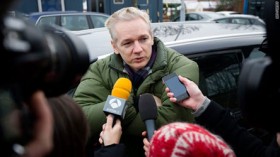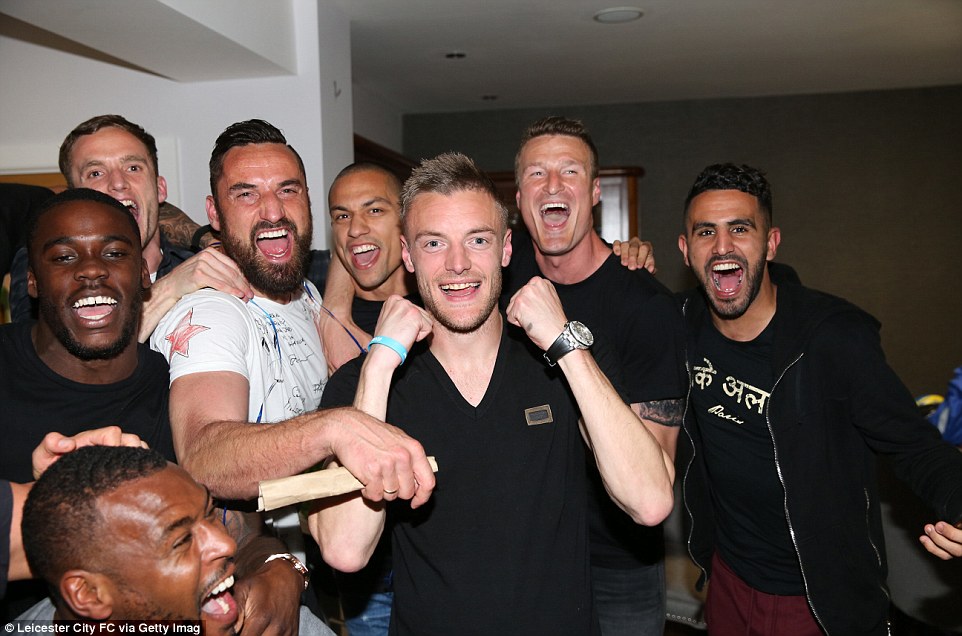 Julian Assange has signed book deals worth more than £1m in the US and UK, to allow the WikiLeaks founder to cover his legal fees and maintain the whistleblowing site.
Julian Assange has signed book deals worth more than £1m in the US and UK, to allow the WikiLeaks founder to cover his legal fees and maintain the whistleblowing site.
He will be racing a disgruntled former colleague to release an autobiography telling his side of the WikiLeaks story. Both books are to be published by divisions of Random House next year.
Mr Assange is fighting allegations of sexual assault in Sweden while trying to continue the gradual release of thousands of US diplomatic cables through WikiLeaks.
Released on bail by the British high court in mid-December, he spent Christmas wearing a tracking tag, confined to a friend’s mansion home in East Anglia.
The US administration, which has been angered and embarrassed by successive leaks of its foreign-policy secrets through WikiLeaks, is believed to be exploring ways to prosecute Mr Assange.
The controversy did not dissuade readers of Time magazine voting Mr Assange their “person of the year” for his campaign for freedom of information and radical transparency from governments.
He has agreed an $800,000 (£520,000) contract with Knopf, a US imprint of Random House, the Bertelsmann-owned publisher, and another £325,000 deal for the UK with Canongate, an independent publishing house based in Edinburgh.
But although the deals are expected to net Mr Assange more than £1.1m ($1.7m) after the book is sold in other countries and serialised in newspapers around the world, Mr Assange said he had agreed to write his autobiography only reluctantly.
“I don’t want to write this book, but I have to,” he told the Sunday Times. “I have already spent £200,000 for legal costs and I need to defend myself and to keep WikiLeaks afloat.”
Mr Assange did not describe how he would divide the proceeds from his autobiography between his own personal legal costs and the operational funds required by WikiLeaks, which he has described as a large and distributed organisation that is not solely reliant on him.
WikiLeaks’ operational costs have more than tripled since it drew up budgeting plans at the beginning of the year, due to the increased scope of information it has reviewed and published. Before “cablegate”, it released huge amounts of files about the Iraqi and Afghan wars.
The whistleblowing site relies largely on donations from individuals, but had its fund-raising channels curtailed after several US financial services firms stopped processing payments to its account.
Bank of America, MasterCard, Visa and PayPal have all stopped directing funds to WikiLeaks in recent weeks. They deny Mr Assange’s accusations that the actions were politically motivated. Mr Assange’s Swiss bank has also frozen his account.
Last week, Daniel Domscheit-Berg, a former WikiLeaks spokesman, announced he would publish a tell-all book next year about his time with the site.
Crown Publishing, another division of Random House, will release “Inside Wikileaks: My Time with Julian Assange at the World’s Most Dangerous Website” in 14 countries in February.
The author, who called himself Daniel Schmitt when he worked at WikiLeaks, fell out with Mr Assange over the running and strategic priorities of the site. He has said that the allegations of Mr Assange’s sexual misconduct would be better handled privately and have become a burden to WikiLeaks.



